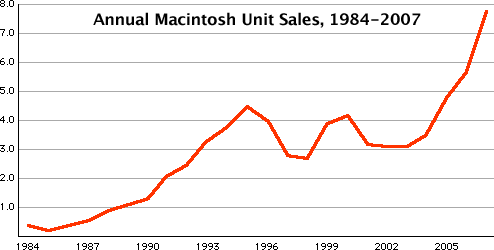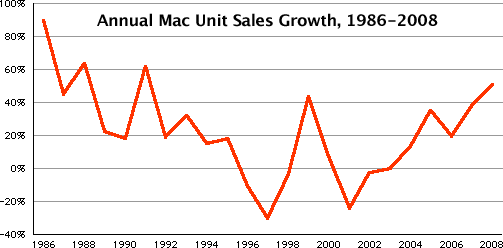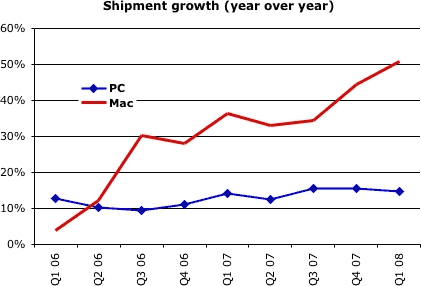Formaldehyde
Both Fair And Balanced
Steve always believed that most people would pay a slight premium for a product which didn't require you to become a computer expert to effectively use it, thereby wasting far more time in the process. I guess for some that wasted time and effort doesn't cost much, or they wanted to become experts in another field anyway.I've never been a fan of Apple products, generally believing them to be horrendously overpriced for their performance.
He also believed in giving quite generous discounts to schools and students.




 'd.
'd. .
.